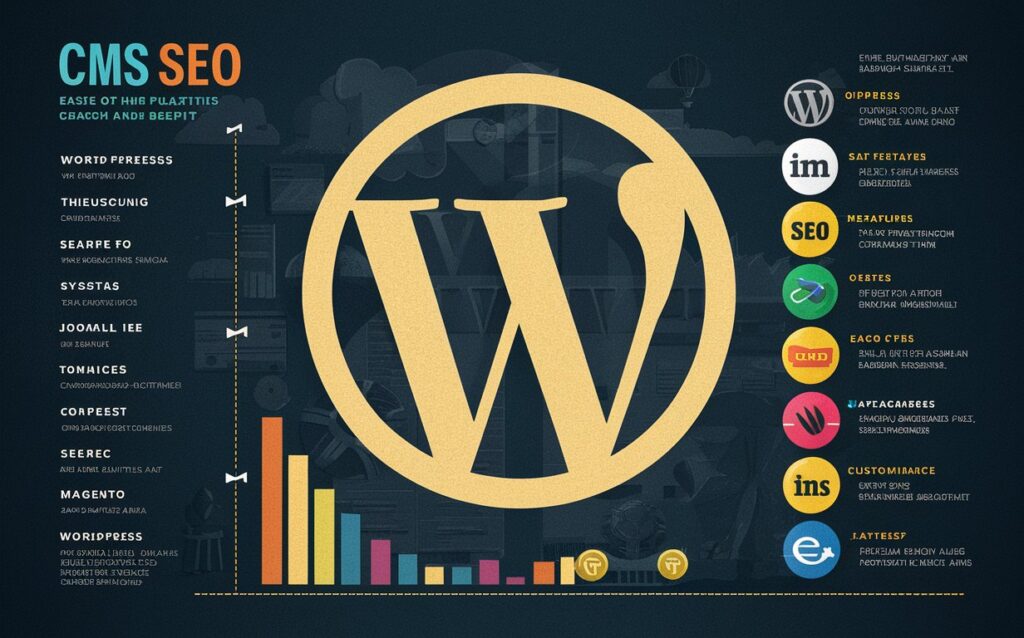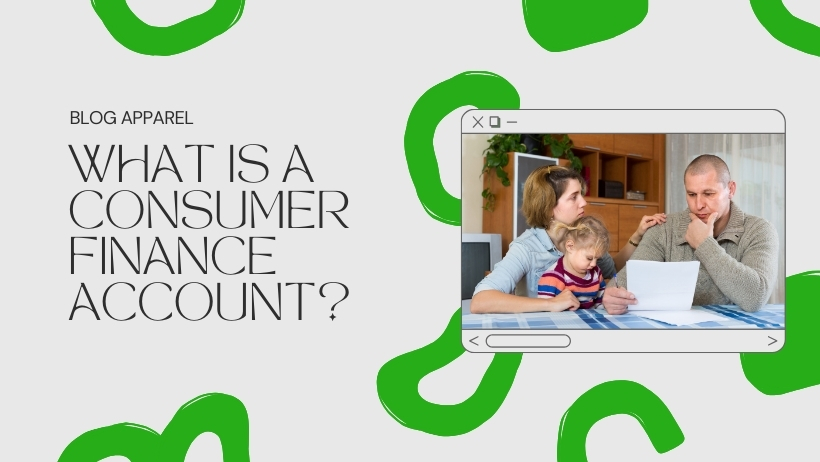At 17, obtaining a loan independently is challenging due to legal age restrictions on contracts. However, a minor can explore options like obtaining a co-signer, usually a parent or guardian or seeking financial institutions that offer loans to young individuals with adult co-signers.
Introduction
Navigating the financial landscape at 17 can be daunting, especially when securing a loan. With legal age restrictions in place, young individuals face unique challenges in their quest for financial assistance. However, there are pathways to explore that bridge this gap, offering a glimpse of economic autonomy. These include the pivotal role of co-signers, such as parents or guardians, and the exploration of specific financial products designed to accommodate the needs of younger individuals. Understanding these options is the first step towards economic empowerment at a young age.
Understanding Legal Limitations
When exploring how to get a loan at 17, it’s crucial to understand the legal limitations that come into play, particularly regarding the age of majority and contractual capacity.
Age of Majority
The age of majority, typically 18 in most jurisdictions, is the legal threshold of adulthood when individuals gain the right to enter into contracts, including loan agreements. At 17, individuals are considered minors and, as such, generally lack the legal authority to engage in binding contracts on their own. This fundamental legal principle is a significant barrier for 17-year-olds seeking to secure a loan independently.
Contractual Capacity
Contractual capacity refers to an individual’s legal ability to enter into a contract. Since minors are presumed not to have total contractual capacity, any agreement they enter could be considered voidable. This protective measure is in place to prevent exploitation but also complicates legitimate financial transactions, such as obtaining a loan. Understanding these legal confines is essential for young individuals and their guardians to navigate the financial services sector effectively, identifying viable paths to secure necessary funds while adhering to legal standards.
Exploring Loan Options at 17
For 17-year-olds seeking financial empowerment through loans, the journey begins with understanding and navigating around the constraints their age poses. Despite the legal barriers, there are structured pathways to access funds, prominently through co-signer loans and joint accounts.
Co-Signer Loans
A co-signer loan emerges as a primary solution for minors keen on securing a loan. This option involves having someone with legal contractual capacity, typically a parent or guardian, co-sign the loan agreement. The co-signer guarantees the loan, pledging to take responsibility for the repayments should the primary borrower fail to meet the obligations. This arrangement facilitates the loan approval process and potentially secures better interest rates, given the added assurance to the lender.
Joint Accounts
Another avenue is establishing a joint account with an adult, which can sometimes offer a pathway to loan access. This method involves the minor and the adult holding equal responsibility and rights over the account and any subsequent loans taken against it. While not all financial institutions offer loans under this arrangement, it’s a potential exploration route, enabling young individuals to engage in economic activities under the protective umbrella of joint accountability.
Both approaches offer strategic avenues for 17-year-olds to navigate the financial landscape, securing the funds they need while building their credit history and knowledge early on.
Alternative Financial Solutions
For 17-year-olds contemplating getting a loan, it’s worthwhile to consider alternative financial strategies that circumvent legal limitations and foster economic independence.
Savings and Part-Time Employment
Building a savings fund through part-time employment represents a proactive approach to financial planning. This strategy not only cultivates a discipline of saving but also provides a tangible financial buffer without borrowing. Part-time work offers practical experience and income, enabling young individuals to accumulate funds over time for their specific needs, whether for education, a significant purchase, or an emergency fund.
Scholarships and Grants
For educational aspirations, exploring scholarships and grants offers a viable financial pathway that doesn’t involve loans. These awards are designed to support students based on various criteria, including academic achievements, unique talents, or financial need, without the obligation of repayment. Actively seeking out and applying for these opportunities can significantly reduce the economic burden of higher education, allowing students to focus on their studies without the stress of accumulating debt.
These alternative financial solutions provide meaningful ways for young individuals to achieve their goals with financial savvy and foresight, setting a solid foundation for their future economic well-being.
Building Credit History
For 17-year-olds pondering how to get a loan, an essential component of financial empowerment lies in early credit history development. A solid credit foundation can significantly enhance future loan eligibility and economic opportunities.
Authorized User on Credit Card
Becoming an authorized user on a parent’s or guardian’s credit card is a strategic move towards building a credit history at a young age. This arrangement allows the minor to benefit from the primary account holder’s credit activity without the legal obligation to make payments. It’s a safe way to introduce young individuals to credit usage, as the account’s conduct directly impacts their credit score. It’s crucial, however, for the primary account holder to maintain positive credit habits to ensure this impact is beneficial.
Education on Financial Responsibility
Understanding the principles of financial responsibility is foundational for anyone, especially those just beginning their financial journey. Educating young individuals on managing finances, understanding credit, and the implications of debt can equip them with the knowledge to make informed decisions. Schools, community programs, and online resources offer valuable information on budgeting, saving, and the responsible use of credit, laying the groundwork for a financially secure future.
By focusing on these areas, 17-year-olds can navigate the path towards financial independence, readying themselves for the broader world of economic opportunities and responsibilities.
Preparing for Future Loan Eligibility
As 17-year-olds explore getting a loan, looking ahead and preparing for loan eligibility becomes a reality, which is also pivotal. Establishing a foundation now can pave the way for smoother financial transactions in the future.
Establishing a Stable Income
A critical step in preparing for future loan eligibility is establishing a stable income. For young individuals, this might mean focusing on education and vocational training that leads to employment opportunities. Engaging in part-time work or internships related to their field of interest provides practical experience. It builds the financial stability lenders look for in loan applicants. A consistent income demonstrates to lenders the borrower’s ability to meet repayment obligations, a critical factor in loan approval decisions.
Understanding Loan Requirements
Familiarizing oneself with the requirements for loan approval ahead of time can also be beneficial. This includes understanding the importance of a good credit score, the role of debt-to-income ratio, and the need for a solid employment history. Learning about these factors early allows young individuals to make informed decisions that positively impact their financial future. It’s also helpful to understand the types of loans available and their specific requirements, whether for personal, educational, or auto loans.
By focusing on these preparatory steps, young individuals can enhance their financial literacy and readiness, positioning themselves as strong candidates for loans when the time comes. This proactive approach to financial planning at 17 can lead to greater financial flexibility and opportunities in the years ahead.
Seeking Guidance from Financial Institutions
For 17-year-olds contemplating getting a loan, seeking advice directly from those in the financial sector can offer invaluable insights and prepare them for future financial endeavours.
Consultations with Banks or Credit Unions
Consultations with banks or credit unions can provide a wealth of knowledge. Many financial institutions are keen on educating young individuals about their services, including savings accounts that can help build a financial foundation, credit-building tools, and the ins and outs of loan applications. These consultations provide a personalized approach, allowing teens to ask specific questions and understand their financial options better, even before they reach the age of majority.
Financial Literacy Programs
Many banks and credit unions also offer financial literacy programs aimed at young individuals. These programs cover various topics, from managing a bank account to understanding credit scores and the importance of saving. Participating in these programs can equip 17-year-olds with the knowledge and skills to navigate the financial world confidently. By taking advantage of these educational resources, young people can lay the groundwork for economic success, learning early on how to manage money effectively and make informed decisions about borrowing and credit.
Legal Alternatives to Loans
Exploring how to get a loan at 17 also opens the door to considering legal alternatives that bypass the need for traditional lending institutions, offering creative and personalized solutions to financial needs.
Family Loans
One of the most direct alternatives is a loan from family members. These loans can come with flexible terms negotiated between the parties involved and often without the stringent requirements of formal lending institutions. Family loans allow for an agreement tailored to the financial situation of both the lender and the borrower, potentially without interest or with shallow interest. However, it’s crucial to formalize the agreement through written contracts to clarify the terms and expectations, preserve family relationships, and ensure financial clarity.
Crowdfunding or Fundraising
For 17-year-olds with specific goals or projects, crowdfunding or fundraising presents a modern solution to raise funds without entering into a debt relationship. Platforms such as Kickstarter, GoFundMe, or Indiegogo enable individuals to present their projects or needs to a broader audience, soliciting donations based on the merit of their proposal or the compelling nature of their situation. This approach mobilizes community support and fosters a sense of entrepreneurial spirit and initiative, teaching valuable lessons in marketing, communication, and project management.
Both family loans and crowdfunding offer viable, legal alternatives to traditional loans, empowering 17-year-olds to achieve their financial goals through community-based support and innovative financing strategies.
FAQs,
Can I legally get a loan on my own at 17?
No, you cannot legally sign a loan agreement on your own at 17 due to legal age restrictions. However, there are alternatives, like having a co-signer or becoming an authorized user on someone else’s credit.
What is a co-signer, and how can they help me get a loan?
If you fail to make payments, a co-signer agrees to take responsibility for your loan. A co-signer with a good credit history can help you secure a loan even at 17.
Are there any financial institutions that lend to people under 18?
Direct lending to minors is rare due to legal constraints. Still, some financial institutions may offer loans with a co-signer or joint accounts with an adult.
Can I build credit at 17 to prepare for a future loan?
Yes, you can start building credit by being added as an authorized user on a family member’s credit card or through financial literacy programs and responsible financial behaviour.
What alternatives do I have to loans at 17?
Alternatives include:
- Family loans.
- Crowdfunding.
- Savings from part-time jobs.
- Scholarships or grants for educational purposes.
How can I prepare for loan eligibility in the future?
Establish a stable income, understand loan requirements, build a good credit history, and seek financial education to improve your future loan eligibility.
Conclusion
Securing a loan at 17 presents unique challenges due to legal age restrictions. Still, it also opens avenues for creative financial solutions and early financial education. Young individuals can navigate their way towards financial assistance by leveraging options like co-signer agreements, exploring joint account opportunities, and tapping into alternative funding sources such as family loans or crowdfunding. This journey prepares them for future financial independence. It instils valuable lessons in responsibility, planning, and the importance of building a solid credit foundation early on.















